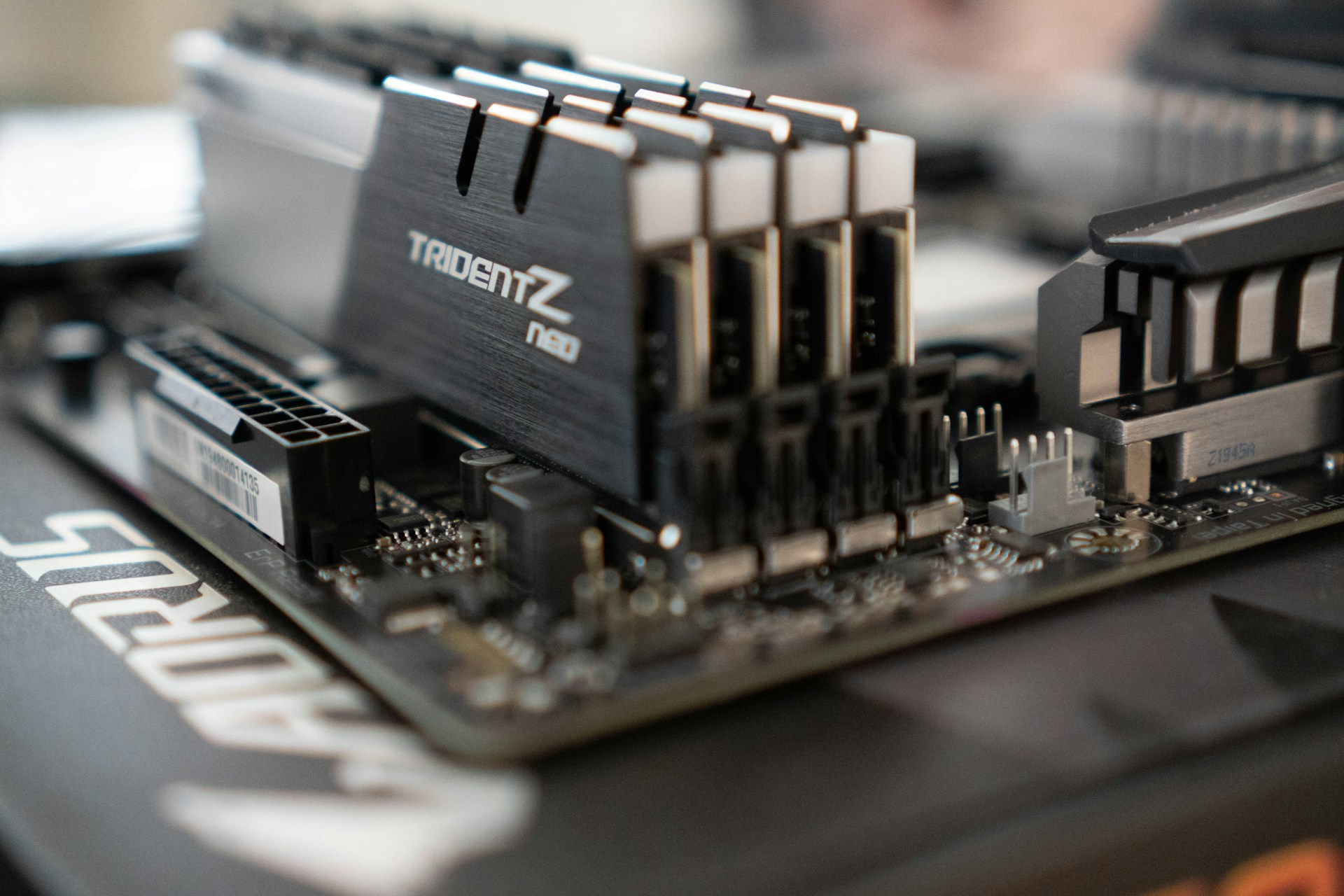RAM (Random Access Memory) plays a crucial role in your computer’s performance and multitasking capabilities. In this blog post, we’ll explore why having enough RAM is essential for smooth operation and how it impacts your computer’s overall performance.
Multitasking: One of the primary functions of RAM is to store data and instructions that your computer’s CPU (Central Processing Unit) needs to access quickly. With more RAM, your computer can handle multiple tasks simultaneously without slowing down or experiencing performance issues.
Speed: RAM is much faster than traditional storage devices like hard drives or SSDs (Solid State Drives). When you open an application or file on your computer, it is loaded into RAM for quick access by the CPU. Having enough RAM ensures that your computer can retrieve and process data quickly, leading to faster response times and improved overall performance.
Resource-intensive Applications: Resource-intensive applications such as video editing software, graphic design programs, and virtualization software require large amounts of RAM to run smoothly. Insufficient RAM can lead to lagging, freezing, and crashes when running these types of applications, hindering productivity and workflow.
Operating System Performance: Your computer’s operating system also relies on RAM to store and access system files and processes. Insufficient RAM can slow down your operating system and cause it to become unresponsive, affecting your overall computing experience.
Upgradability: Fortunately, upgrading your computer’s RAM is a relatively simple and cost-effective way to improve its performance. By adding more RAM modules or replacing existing ones with higher-capacity modules, you can boost your computer’s multitasking capabilities and overall performance.
In conclusion, having enough RAM memory is essential for ensuring smooth and efficient operation of your computer. By investing in sufficient RAM and keeping your system optimized, you can enjoy faster response times, improved multitasking capabilities, and a more productive computing experience.






